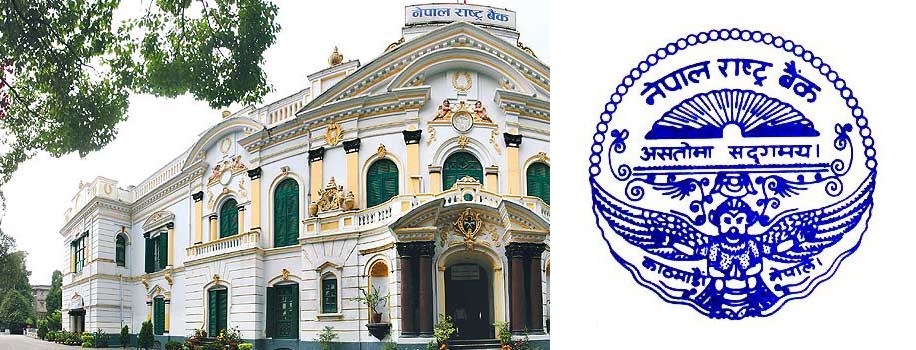Perhaps Nepali “finance minister” Ram Mahat has been taking advice from U.S. politician Rahm Emanuel, who said, “You never want a serious crisis to go to waste. [...] It's an opportunity to do things you think you could not do before.”
Like seize private bank accounts, for example.
Nepali news source eKantipur writes:
“The Nepal Rastra Bank (NRB) issued a circular to A, B and C class banks in the country on Thursday afternoon stating that all the amount deposited in them for the purpose of relief for Saturday’s Great Quake will be automatically transferred to the Prime Minister’s Relief Fund.”

After the money grab lead to a public outcry, Nepali state actor Narayan Malego claimed that the seizure was justified, promising that the Nepali bureaucracy will ensure that “benevolent donations are not misused and the rights of victims are protected.”
But the Nepali state is known for its improper use of funds. The Economist reports that after speaking to politicians, journalists and activists all across Nepal, they found the state apparatus there to be “marked by systematic fraud, [with] the financing of political networks [benefiting] powerful local figures and, indirectly, criminal gangs.”
And as for the “rights of victims,” The Jackson Sun reports that the Nepali state has already been blocking the delivery of aid items by holding up the goods in airports.
Sadly, this political takeover of the relief money will likely stymie the number of donations coming in, reports The Telegraph, as would-be donors lose confidence that their fiat will actually do any good.
Luckily, there are several Bitcoin donation funds for the Great Quake victims that are immune from state seizures. They're being run by Cointelegraph, iGot and BitGive, among others.
As always, do your due diligence on a trusted third party before giving them your money. Even better, avoid third-party risk by giving straight to victims.
